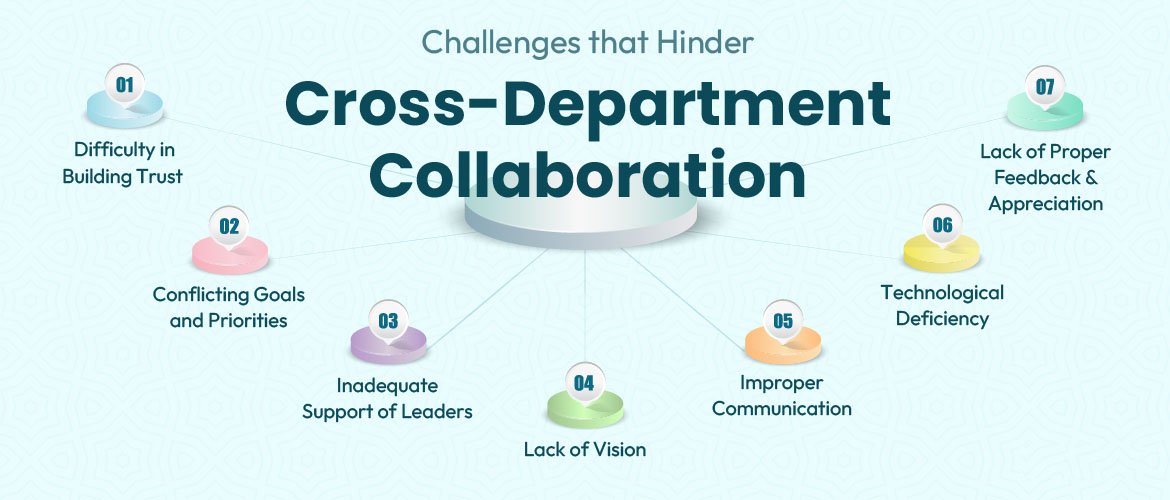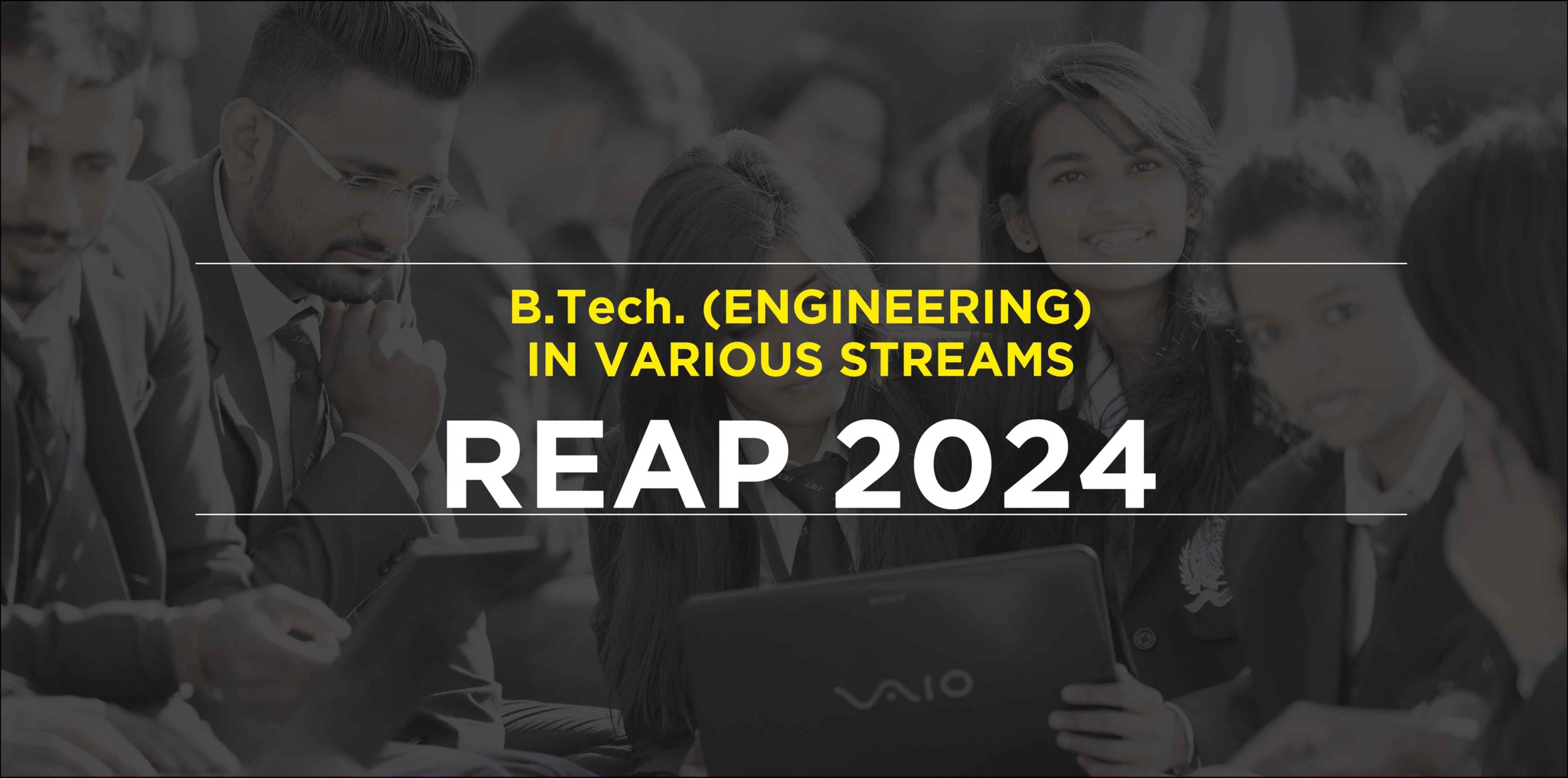Is AI Engineering in demand?
While searching on google, how often do you feel that It's the exact thing I was looking for? How often do you interact with the various chatbots? Be it EVA from HDFC Bank, Google Assistant from Google, Alexa from Amazon, Siri from Apple, and many more. How often do you shop from malls or outlets while interacting with the self-checkout counter etc.? Have you heard about automatic or self-driving cars? And these are all just small visible innovations of artificial intelligence.
As artificial intelligence (AI) approaches the tipping point of mainstream adoption by enterprises, AI-related job demand is reaching critical mass. Artificial Intelligence, or AI, is providing us with the next generation of innovation. With AI now being considered the new IT, it is no surprise to see companies making significant investments in bridging the gap between human and artificial intelligence to create new products and services. Artificial intelligence systems and robots were once futuristic and distant realities, but they're now becoming a part of our everyday lives. And not just as something that will happen in the future but as something that's happening right now.
What is Artificial Intelligence (AI)?
There's a lot of confusion about what AI is and what AI engineering is. To make things worse, the media often confuses AI engineers with people who work on machine learning algorithms. Lets us understand all three things in a more straightforward form.
Artificial Intelligence: Artificial intelligence is a kind of intelligence demonstrated by machines instead of the natural intelligence displayed by animals, including humans.
AI engineering: The term AI engineering refers to the field of study of machine learning, neural networks, and algorithms with the help of computers to solve real-world problems
AI engineer: An artificial intelligence (AI) engineer is an individual who works with traditional machine learning techniques like natural language processing and neural networks to build models that power AI-based applications.
The demand for AI Engineering in 2021 and beyond:
Following are some stats that may be useful for all professionals engaged in AI or who plan to pursue a graduate-level course in Artificial intelligence engineering.
A research firm MarketsandMarkets predicts that by 2025, the AI market is projected to become USD 190 billion industry.
According to IDC, global spending on AI systems will reach USD 57.6 billion by the end of 2021.
IDC also predicts that 75% of commercial enterprise apps will use AI by the end of 2021.
Gartner, another research firm, said that AI is bound to create 2.4 million jobs in the near future.
LinkedIn's Top 5 emerging jobs around the globe:
Introduction to AI careers:
Artificial Intelligence (AI) is now a multi-disciplinary field, with computer scientists, mathematicians, psychologists, linguists, and software engineers collaborating on cutting-edge research in AI.
The AI community is growing rapidly — AI-related jobs now outnumber software engineering jobs, and the field has accelerated past other top job sectors, including finance, engineering, and medicine.
AI engineers work on projects ranging from building self-driving cars to improving the accuracy of medical diagnoses. These engineers can build large-scale deep learning networks which process massive amounts of data. They can also design programs based on AI, including chatbots and virtual assistants.
AI engineers can work at startups and large corporations. They're hired for their expertise in building AI systems, as well as their ability to understand AI-related problems.
AI engineers typically need a Master's degree in computer science or a related field. They're often hired in AI-related job categories, such as machine learning or deep learning. Some organizations offer on-the-job training for AI engineers.
Below are typical AI roles:
AI Software Engineer
AI Data Scientist
AI Researchers
AI Bot Developers
Technical skills required:
Programming skills such as Python, Perl, C/C++, Java
Statistics
OOPS, modularity, and classes
Software development
Machine learning
Neural networks
Deep learning
Robotics and electronics
Sectors: The following are key sectors implementing the AI engineers:
DevOps
Cloud hosting
Cybersecurity
Healthcare
Manufacturing
Retail
Senior care
City planning
Construction
Fashion
Education
Supply chain management
Mental health diagnosis
Takeaway:
With the rise of intelligent machines and self-learning systems, the high demand for AI engineers will continue to grow exponentially.


















